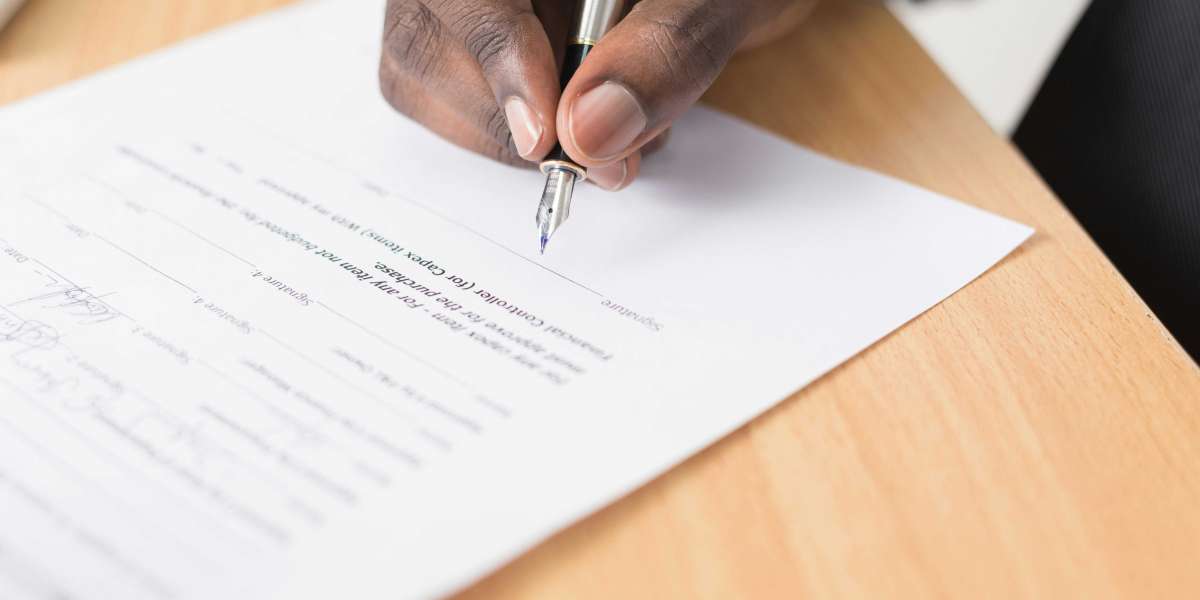A notary appointment is a crucial step in validating legal documents and ensuring the authenticity of signatures. Whether you need a document notarized for real estate, estate planning, or any other legal matter, arriving prepared is essential. Here’s a checklist of what you should bring to your notary appointment to ensure everything goes smoothly:
1. Valid Government-Issued Photo ID
The most important thing to bring to your notary appointment is a valid form of identification. Notaries must verify the identity of the individuals signing the documents to prevent fraud. Acceptable forms of ID typically include:
- Driver’s license
- Passport
- State or government-issued ID card
- Military ID
Make sure the ID is current and not expired, as notaries cannot accept expired identification.
2. The Document(s) to Be Notarized
Bring the original document that needs to be notarized. It should be completed, but do not sign the document before your appointment. The notary must witness your signature for the document to be legally notarized.
Additionally, if the document involves multiple parties, make sure all signers are present or have arranged to sign in front of separate notaries.
3. Any Required Witnesses
Some legal documents require witnesses in addition to a notary public, such as wills or property deeds. If your document needs witnesses, it is your responsibility to bring them. Not all notary offices or services provide witnesses, so it's essential to confirm this detail ahead of time.
Make sure the witnesses also bring valid forms of ID for verification purposes.
4. Notary Fees
Notary services usually come with a fee, which can vary depending on your location and the complexity of the document. Be sure to check with the notary public ahead of time regarding the cost and acceptable payment methods (cash, credit, etc.) so you can be prepared to cover any fees at your appointment.
5. Additional Copies of the Document
While you’re not required to bring additional copies, it can be useful to have a couple on hand, especially if you want the notary to stamp or initial them for your records. Having extra copies ensures that you leave with all necessary documentation properly notarized.
6. Instructions from the Document Provider
If you received the document from a lawyer, bank, or other professional, it’s a good idea to bring along any instructions or guidelines they provided. These instructions can help clarify any special notarization requirements, such as specific signatures or stamps, ensuring the document complies with legal standards.
Common Mistakes to Avoid
- Signing too early: Remember, the notary must witness your signature. If you sign the document before your appointment, it could invalidate the notarization.
- Bringing expired ID: Always bring a valid, unexpired government-issued ID. If your ID is expired, the notary cannot complete the appointment.
- Forgetting witnesses: If your document requires witnesses, make sure to bring them along with their identification.
Conclusion
A notary public appointment is straightforward when you come prepared. Bring your valid ID, the unsigned document, and any necessary witnesses to ensure the process goes smoothly. By following these simple steps, you'll avoid unnecessary delays and ensure your document is legally notarized.







